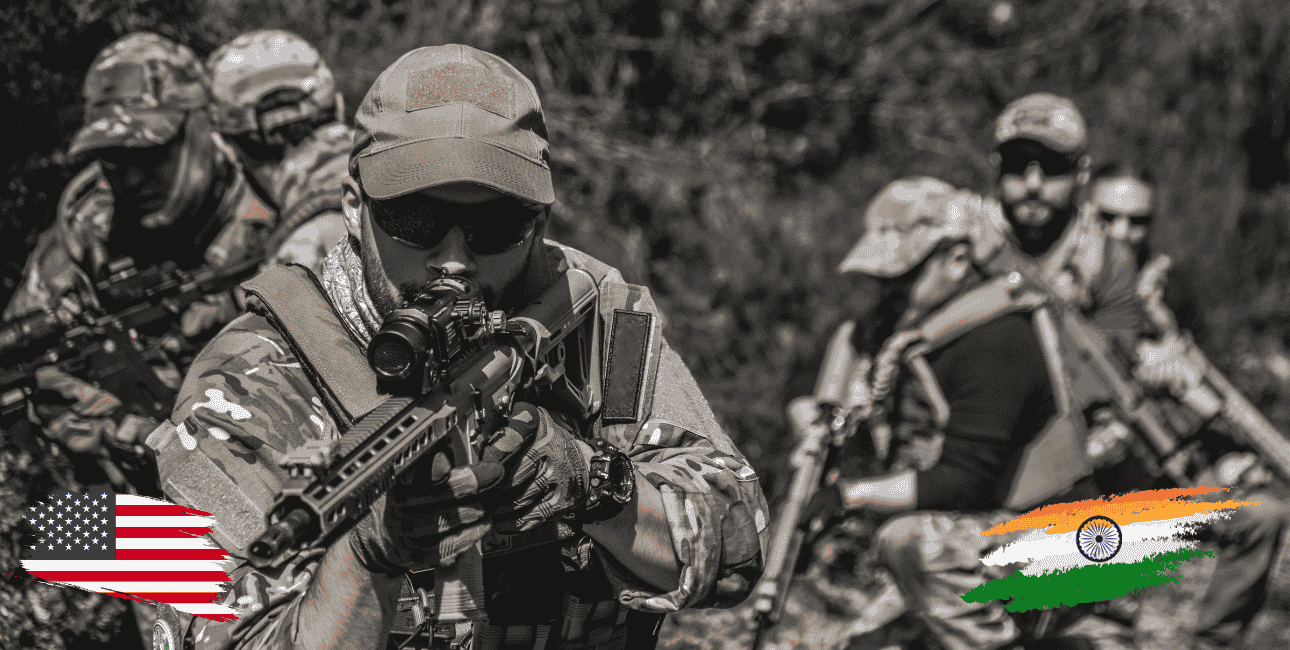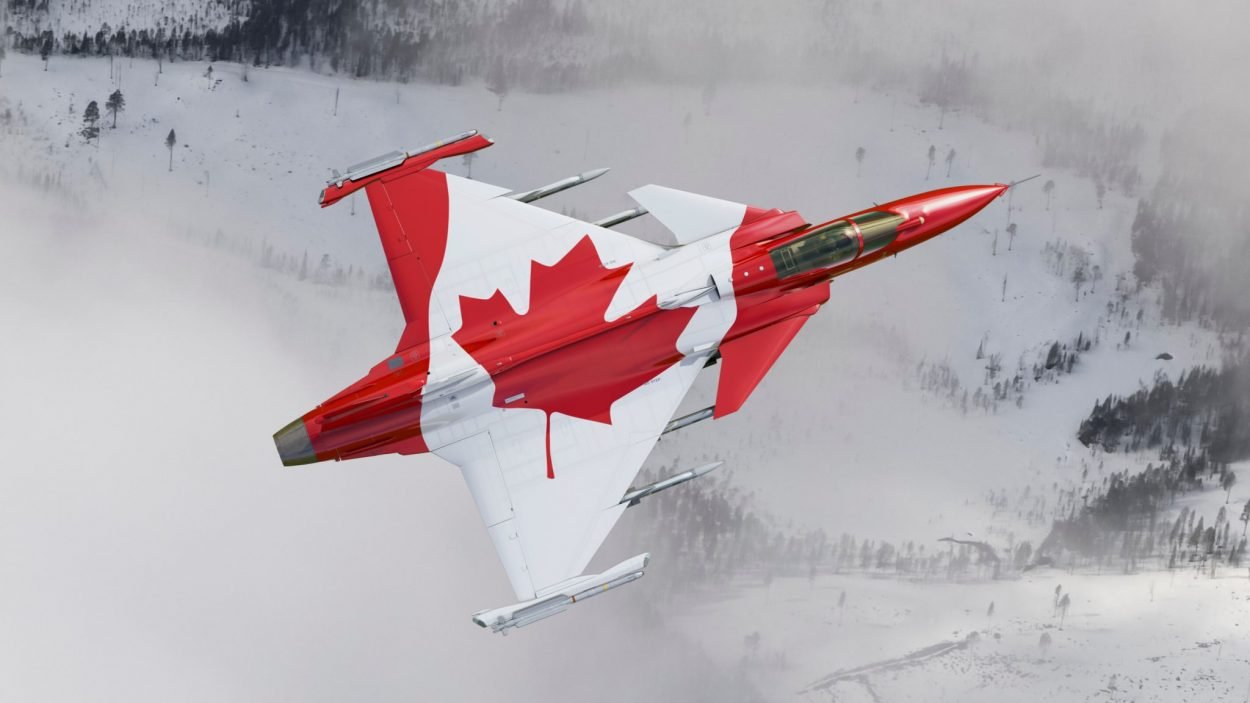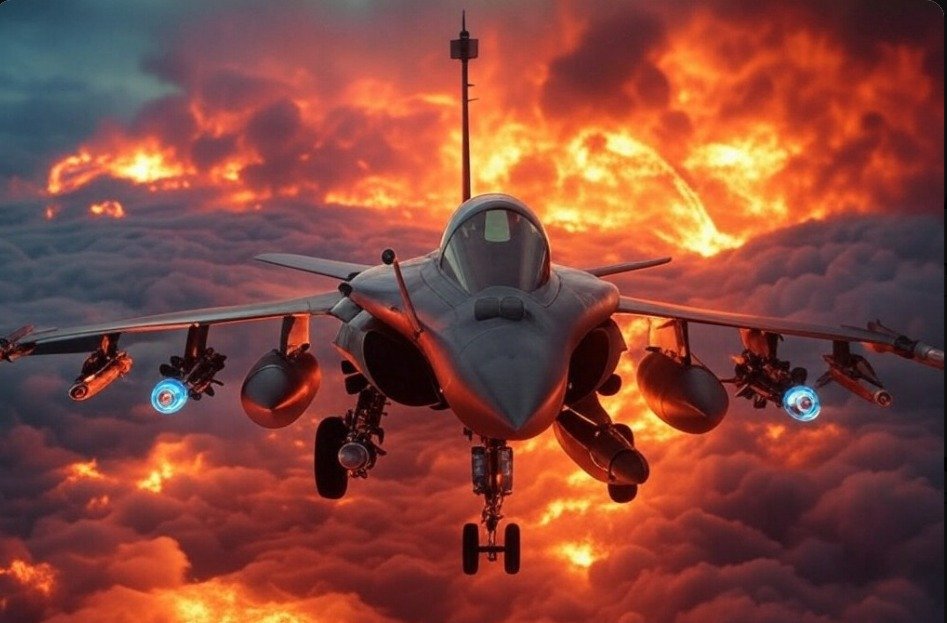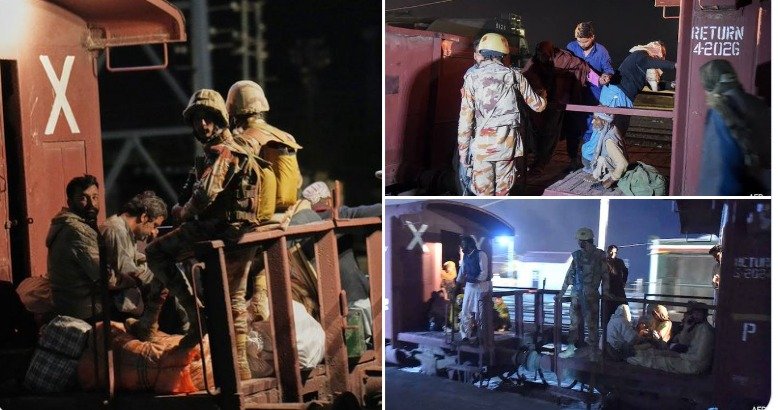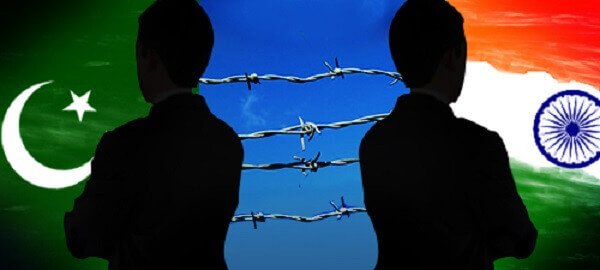The Indian Army’s Para Special Forces have proved their mettle by carrying out cross-border surgical strikes in Pakistan-Occupied-Kashmir (PoK) in 2016 and are currently in the US to carry out wargames with their US counterparts, the Green Berets, who were the first American troops to be deployed in Afghanistan following the September 11 attacks.
The two elite forces are participating in the 15th edition of the annual wargames called ‘Vajra Prahar’ or ‘Thunderbolt Attack.’ The Indian Army’s 45 soldiers, characterized by their Maroon Berets and ‘Balidan’ (Sacrifice) badge, are participating in the joint exercise at the Orchard Combat Training Center in southwest Idaho.
The wargames will take place in the mountainous region. The last edition was conducted at Umroi, Meghalaya, in December 2023.
The Indian Ministry of Defense said Vajra Prahar 2024 will drill on things like planning a joint team mission and reconnaissance missions, where operators might need to call outside resources for help. Tasks like that usually fall on the shoulders of the joint terminal attack controller, or JTAC. Aerial resupply using drones and topics surrounding psychological warfare will also be drilled during Vajra Prahar.
Special forces generally don’t engage in ‘conventional warfare’ but are a cohesive team of elite soldiers who carry out special operations behind enemy lines.

The para commandos are part of the Army’s Parachute Regiment. There are 14 units in the regiment—nine special forces and five Paras.
The para units can be airdropped deep into enemy territory and fight for tangible gains to ground forces. The special forces units can be launched into battle from land, air, and water.
In the previous iterations of Vajra Prahar, the two sides worked on combat free fall (CFF) insertions from standoff distances – when soldiers parachute in from a safe distance and avoid detection. Water insertions were also covered.
U.S.-India Relations Under Donald Trump: Indians Hail Trump’s Triumph But ‘China Test’ Awaits Both Allies
The Indian Army, sensitive about its special forces, has not revealed the faces or specific units of the soldiers participating in the wargames.
Interestingly, the Indian team comprising Parachute Regiment soldiers had won the ‘Race of the Rambos’, a competition for special military units from 12 countries, in Africa in 2002, defeating the team from the US.
Parachute Regiment – The Tip Of The Indian Military Spear
The Indian Army’s Parachute Regiment has 14 Battalions, nine of which are Special Forces (SF) and five of which are Para Airborne Units. Every SF has specific roles and unique training to operate under specific adverse conditions.
The 1 Para SF ‘Red Devils’ specializes in Urban warfare. The Units 2 Para SF ‘Predators’, 4 Para SF ‘Daggers’, and 9 Para SF ‘Pirates’ are skilled in mountain warfare and counterterrorism operations, 3 Para SF ‘Russell’s Viper’ and 10 Para SF ‘Desert Scorpions’ specialize in Desert warfare and counterterrorism operations. The 11 Para SF ‘Vipers’ have expertise in Jungle warfare and counter-insurgency operations. 12 Para SF ‘Dirty Dozens’ and 21 Para SF ‘Waghnakhs’ are experts in Jungle Warfare, Mountain Warfare, and Counter Insurgency/Counter Terrorism operations.
There are no separate recruitment drives for Indian Parachute Regiments, and the elite soldiers are drawn from the ranks of the Indian Army voluntarily.
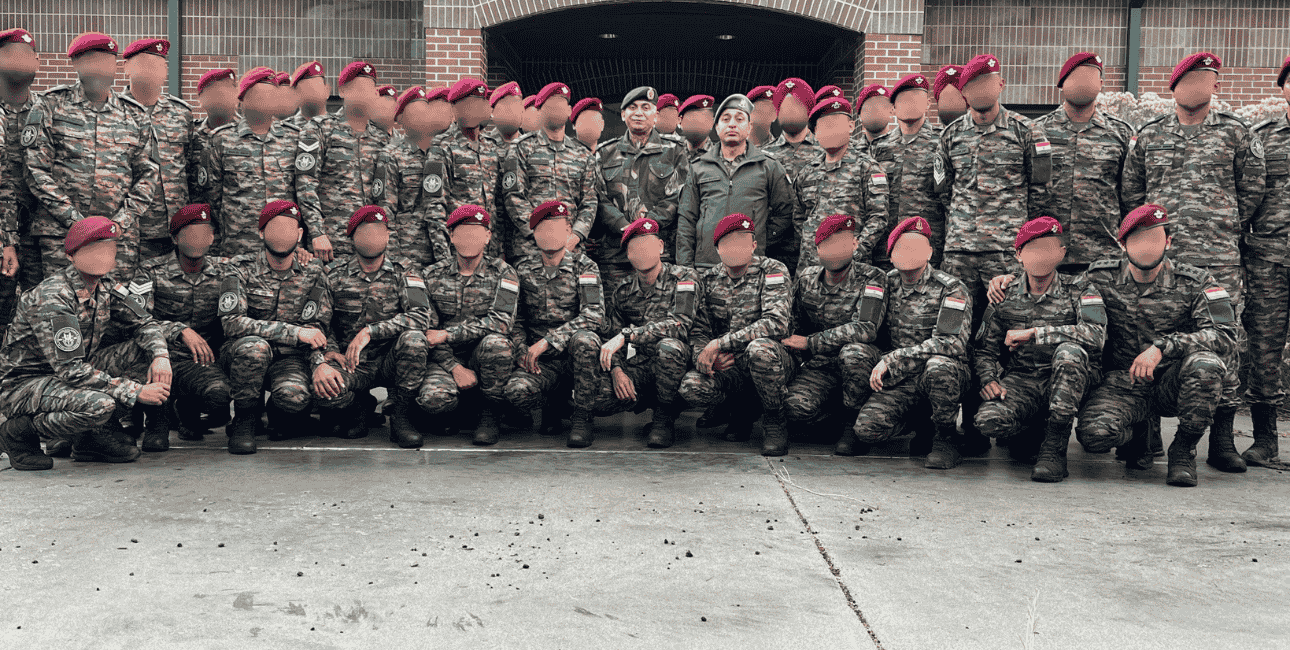
The units executed operations in Indian wars in 1965 and 1971. They were also deployed to Sri Lanka as part of the Indian Peace Keeping Force during Operation Pawan in 1987. The Indian Special Forces also executed Operation Cactus in 1988 to save the Prime Minister of Maldives from a coup.
Most recently, in 2016, the Indian para commandos carried out a surgical strike inside Pakistan-Occupied Kashmir (PoK) in response to a major terror attack in Uri that saw the death of 19 soldiers.
In the much-publicized strike, 25 commandos from 4 Para and 9 Para crossed the Line of Control into PoK and destroyed terrorist launchpads. It was India’s first major overt declaration of such a covert operation.
Green Berets’ History In Combat
Like Indian Para commandos, the American Green Berets have rich combat experience.
They were the first soldiers to be inducted in Afghanistan after the US-led War on Terror started in the aftermath of the 9/11 terror attacks. Some rode on horseback and infiltrated the mountainous terrain to coordinate the initial bombing campaign. It was the first time Americans used horses in combat since World War II.
They, along with the Northern Alliance and tribal forces, were instrumental in overthrowing the Taliban, which had harbored the al-Qaeda terrorists responsible for the attack on the World Trade Centre.
In 2003, they joined the invasion of Iraq, and after the fall of Saddam Hussein, trained the Iraqi special operations unit to counter the insurgency in the country. In the following years, they supported counterterrorism operations in the Philippines, Africa, and Latin America.
